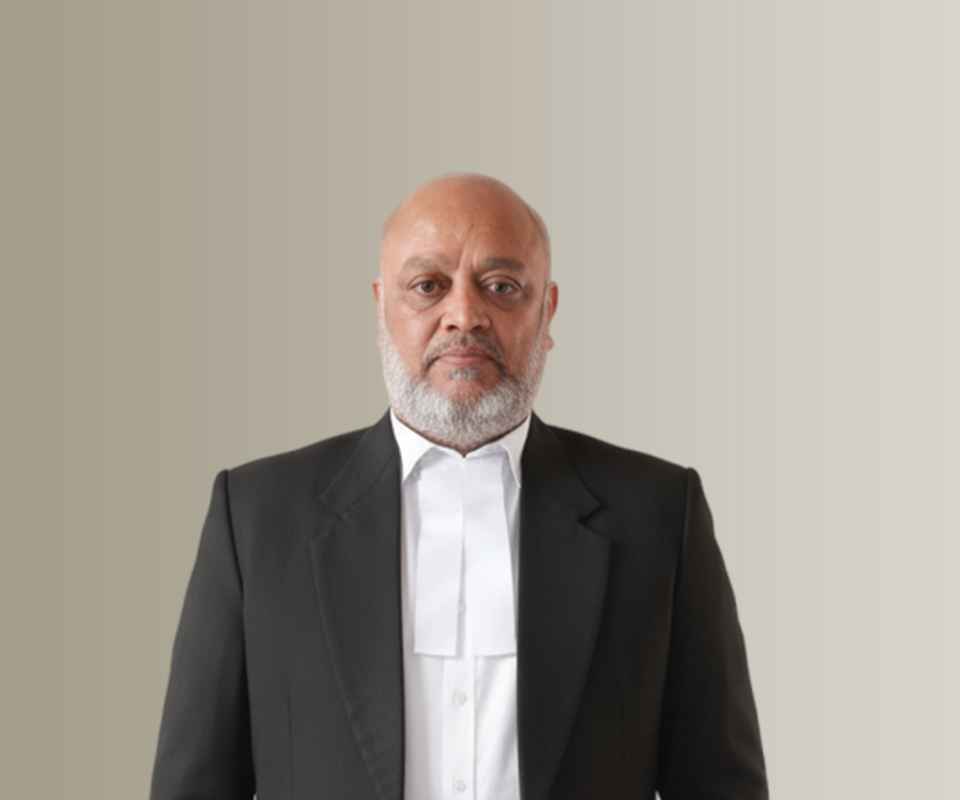Answer By law4u team
Bharatiya Nagarik Suraksha Sanhita, 2023 - Section 223: Examination of complainant
A Magistrate having jurisdiction while taking cognizance of an offence on complaint shall examine upon oath the complainant and the witnesses present, if any, and the substance of such examination shall be reduced to writing and shall be signed by the complainant and the witnesses, and also by the Magistrate:
Provided that no cognizance of an offence under this section shall be taken by the Magistrate without giving the accused an opportunity of being heard:
Provided further that, when the complaint is made in writing, the Magistrate need not examine the complainant and the witnesses—
- (a) if a public servant acting or purporting to act in the discharge of his official duties or a Court has made the complaint; or
- (b) if the Magistrate makes over the case for inquiry or trial to another Magistrate under section 212:
Provided further that if the Magistrate makes over the case to another Magistrate under section 212 after examining the complainant and the witnesses, the latter Magistrate need not re-examine them:
Provided further that in case of a complaint against a public servant, the Magistrate shall comply with the procedure provided in section 217.
Brefe Detail
This section outlines the procedure for a Magistrate when taking cognizance of a complaint. It emphasizes the necessity of examining the complainant and any witnesses under oath, ensuring that their statements are documented and signed. The section also states that the accused must be given an opportunity to be heard before proceeding with the case. There are exceptions to the examination requirement, particularly when a public servant makes the complaint or when the case is transferred to another Magistrate.
Question & Answers
What is the initial requirement for a Magistrate when taking cognizance of a complaint?
The Magistrate must examine the complainant and any witnesses present under oath.
What must be done with the substance of the examination?
It must be reduced to writing and signed by the complainant, witnesses, and the Magistrate.
Can a Magistrate take cognizance without giving the accused an opportunity to be heard?
No, the accused must be given an opportunity to be heard before cognizance is taken.
Are there exceptions to the requirement of examining the complainant and witnesses?
Yes, exceptions apply if a public servant makes the complaint or if the case is transferred to another Magistrate.
What happens if a case is transferred to another Magistrate?
The new Magistrate need not re-examine the complainant and witnesses if they have already been examined.
Example
- If a public servant files a complaint about an alleged misconduct, the Magistrate may not need to examine the complainant again if the complaint is documented.
- When a complaint is filed by a Court, the usual examination process may be bypassed, streamlining the legal procedure.
Summary
Section 223 establishes a clear framework for how a Magistrate should handle complaints, emphasizing the importance of due process while allowing certain exceptions to expedite justice, particularly in cases involving public servants. The section balances the rights of the complainant and the accused while ensuring that the legal process is fair and documented.







